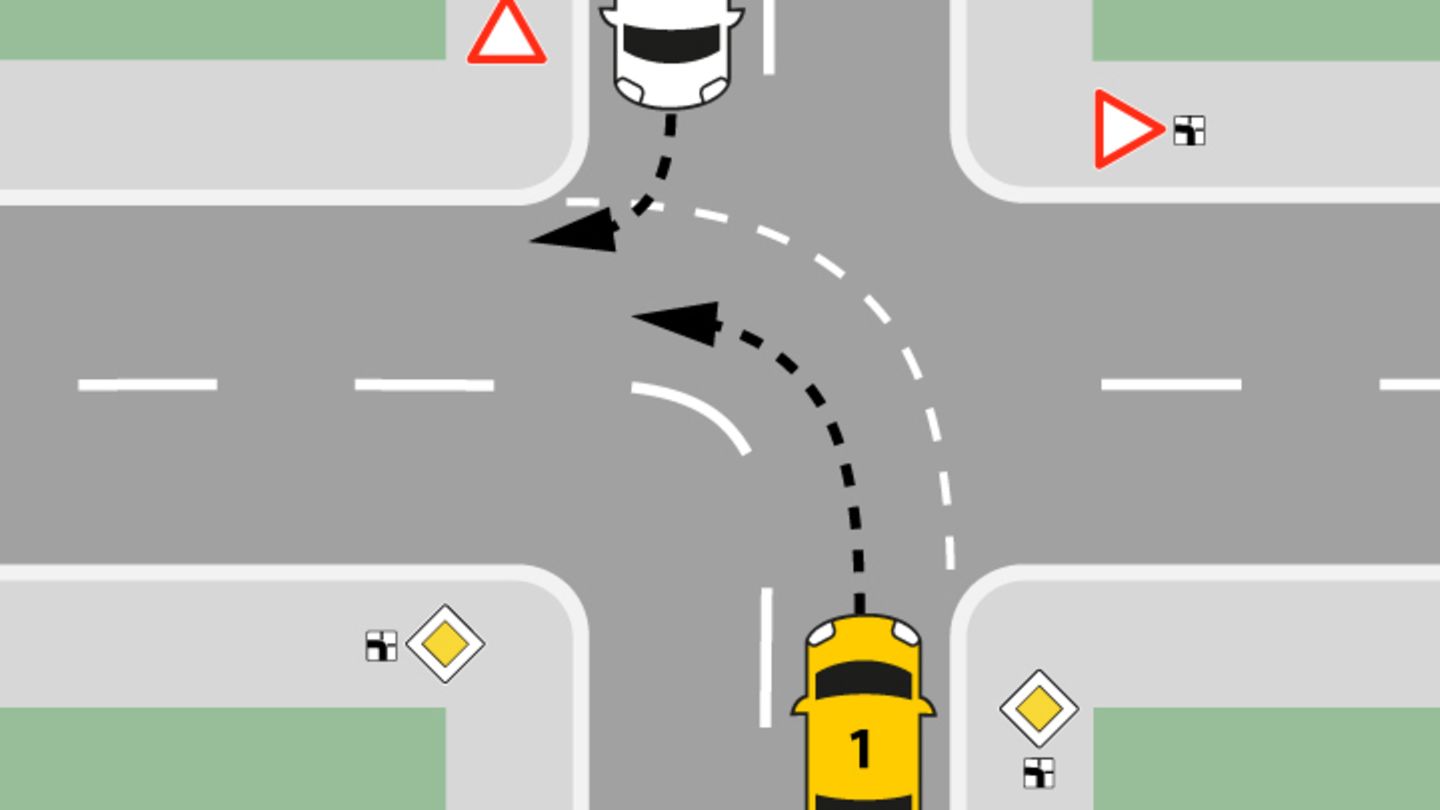Taurus cruise missiles for Ukraine – that is still out of the question for the Chancellor. But he supports a coalition motion that also calls for the delivery of long-range weapons systems.
Chancellor Olaf Scholz (SPD) continues to reject the delivery of Taurus cruise missiles to Ukraine despite growing pressure in the traffic light coalition. At the same time, he supported the coalition factions’ Bundestag motion on the war in Ukraine “wholeheartedly,” said government spokesman Steffen Hebestreit at the federal press conference in Berlin. The proposal, which the Bundestag wants to discuss this Thursday, calls for, among other things, the “delivery of additionally required long-range weapon systems”.
This should enable Ukraine to “enable targeted attacks on strategically relevant targets far in the rear of the Russian aggressor,” the application continues. Taurus cruise missiles meet this requirement, but are not explicitly mentioned. Hebestreit didn’t even say the word “Taurus.” He said of Scholz’s stance: “As far as the delivery of a special weapon system is concerned, he sticks to his position.”
CDU and CSU demand delivery of Taurus systems
Unlike the SPD, Greens and FDP in their paper, the CDU and CSU explicitly demand the delivery of Taurus systems in their own application. They are calling on the Federal Government to “support Ukraine in the fight against Russia by immediately delivering requested weapon systems (including TAURUS) and ammunition types available in Germany and to assume European leadership and coordination in the process.”
The FDP defense politician Marie-Agnes Strack-Zimmermann, who is also in favor of a Taurus delivery, wants to support the Union’s draft resolution in addition to the traffic light proposal – that would be an unusual process. The green coalition partner reacted with incomprehension. The Parliamentary Managing Director of the Green Party parliamentary group, Irene Mihalic, said that she “hardly understands” the behavior of the chairwoman of the Defense Committee. This should agree to the coalition motion and not the opposition motion. “I would advise her to vote differently.”
The Green Party European politician Anton Hofreiter told “Spiegel” that it was completely clear that the wording in the coalition proposal was aimed at the Taurus cruise missiles. “I expect the Chancellor to implement what the traffic light factions tell him to do. The only consequence of this request can be that he releases the Taurus.”
The SPD foreign politician Nils Schmid said in the “Tagesspiegel”: “The Bundestag is not ultimately calling on the government to deliver cruise missiles immediately, but is not ruling anything out for the future if the government comes to a different balance than at the moment. ” Although Scholz has so far rejected a Taurus delivery, he has not ruled it out forever. “This position is now also reflected in the application, which was closely discussed with the Chancellery.”
Ukraine wants delivery of cruise missiles
Ukraine has also long wanted Germany to supply the cruise missiles. Despite Berlin’s hesitation, their ambassador Oleksii Makeiev expressly praised German help for his country. “Under Chancellor Olaf Scholz, Germany has taken a leading role in supporting our country. I am very grateful for that,” Makeiev told the newspapers of the Funke media group). With regard to the Taurus weapon system, he recalled earlier discussions: “Even with tanks, it was said for a long time that these systems would not be delivered. But at some point they were there. The same applies to systems that were never discussed publicly.”
According to the manufacturer, the rocket-shaped Taurus KEPD-350 has a range of up to 500 kilometers, so pilots do not have to enter enemy airspace to fire it. The missiles, which are around five meters long and weigh almost 1,400 kilograms, are equipped with their own engine and four independent navigation systems. In autonomous low-level flight, they should be difficult to hit by enemy anti-aircraft defenses at a height of less than 50 meters.
Source: Stern
I have been working in the news industry for over 6 years, first as a reporter and now as an editor. I have covered politics extensively, and my work has appeared in major newspapers and online news outlets around the world. In addition to my writing, I also contribute regularly to 24 Hours World.




